How would you like the world to see artists and mothers?
As a force. A reckoning. Not a side act or a sentimental subplot. Hettie Judah has made it plain: the art world has systematically erased or diminished mothers, treating caregiving as an inconvenience rather than the crucible where some of the most potent, unflinching work is forged. Motherhood doesn’t make artists soft—it makes them sharper. We need to stop framing mother-artists as an exception to the rule and instead recognise that they are foundational to the creative landscape. It’s time to stop asking whether motherhood “harms” an artist’s career and start asking why the system is designed to punish those who create while raising the next generation. Mothers don’t need to be indulged—they need to be seen as the creative powerhouses they are.
What do you do when you feel burnt out or filled with doubt?
I wish I could say something noble, but mostly, I sit in the mess of it. I let myself dither. I fantasise about deleting everything I’ve ever done and moving to a place where no one knows me. Ha. And then, when I’m done with that little drama, I do something simple. I read a sentence that reminds me why I love language. I listen to someone else’s words, so I don’t have to fight with my own. And sometimes, I just go to bed and let time do its work. Doubt is a terrible editor, but it’s a great teacher. It makes you sharper, more ruthless, more attuned to what matters. So, I let it have its moment—but I don’t let it set up camp.
What’s your favorite super easy creative practice to do when you’re looking for fresh ideas?
Change the input. If I’m circling the same ideas, I know I need to put something new in my brain—something offbeat, unexpected, or just plain weird. A sideways step into a niche I know nothing about. A film in a language I don’t speak. A book on a subject I’d normally ignore. Creativity isn’t about squeezing ideas out of yourself like a dry sponge; it’s about throwing open windows and letting something unexpected drift in. If I’m really stuck, I play a game: I pick two wildly unrelated things and try to pop them together. (Example: What do British hedge mazes and pop music algorithms have in common? Probably nothing, but maybe everything.) It’s not about being smart—it’s about making space for new connections to form.
How can we support and encourage each other more?
We need to let go of the myth that there is one right way to be a woman, a mother, a creator. There is no universal blueprint. There is no singular path. And yet, we waste so much energy policing each other’s choices. Sisterhood is at its best when it’s not a cult of sameness but a chorus of difference—each voice distinct, but none trying to drown the other out.
Do I sometimes wish I had a wider local village? Of course. But I also know that longing for an imagined past can be a way of avoiding the work of forging real connections now. Rather than longing for a lost utopia, we can ask: What do we actually need, right here, right now? And how can we be that for each other?
What mothers inspire you? Who should I interview?
There are so many fierce, brilliant, and wildly creative mothers on Substack. You should talk to Rachel Kramer Bussell, Rosie Spinks, Elin Petronella, Penny Wincer, Marika Páez Wiesen, and Lindsay Byron —women who are shaping conversations, pushing boundaries, and refusing to shrink.
And while we’re on the subject of mothering and art, let’s talk about my podcast Parents Who Think—because make no mistake, it is art. It’s a space where ideas are shaped, voices are sharpened, and the world is made to sit up and listen. It sits in the top 0.02% of global podcasts, outpacing the ‘big guy players’ within six months—without a visibility strategy, without relentless self-promotion, just on the strength of its substance. Because that’s the lie we’ve been sold, isn’t it? That unless we shout every day, we’ll disappear. But real work doesn’t vanish. It resonates. When something truly lands, the right people recognise it—they show up, they listen, they stay.
Danusia Malina-Derben is a mother of ten—and still entirely her own woman. From teen mum to tenured academic, to boardroom heavyweight, she’s spent decades inside the world’s most powerful brands, consulting on peak performance and leadership at the highest levels. If you bank with them, buy from them, or follow their lead, chances are she’s been in their ear.
She’s also the voice behind global top-rated Parents Who Think podcast and the producer of the award-winning Seraphina Speaks. Her books? Not polite parenting guides. Manifestos. NOISE (2021) blew open the conversation on modern motherhood, landing praise from The Sunday Times to The Guardian. SPUNK (2022) did the same for fatherhood—provocative, compelling, and utterly necessary. Danusia lives in the UK with her family, continuing to challenge, disrupt, and rewrite the rules.
Nebula Notebook is a place to meet kindred spirits, get inspired, and learn how to find ease and joy in the creative process—even when life is bananas. 🍌🍌🍌
✏️ PS—The fastest way to grow as a writer is to book a manuscript critique or a creative coaching session with an expert. My clients get agents, sell books, and win awards. They also learn how to enjoy the creative process, so they can keep going when life gets hard. 👏





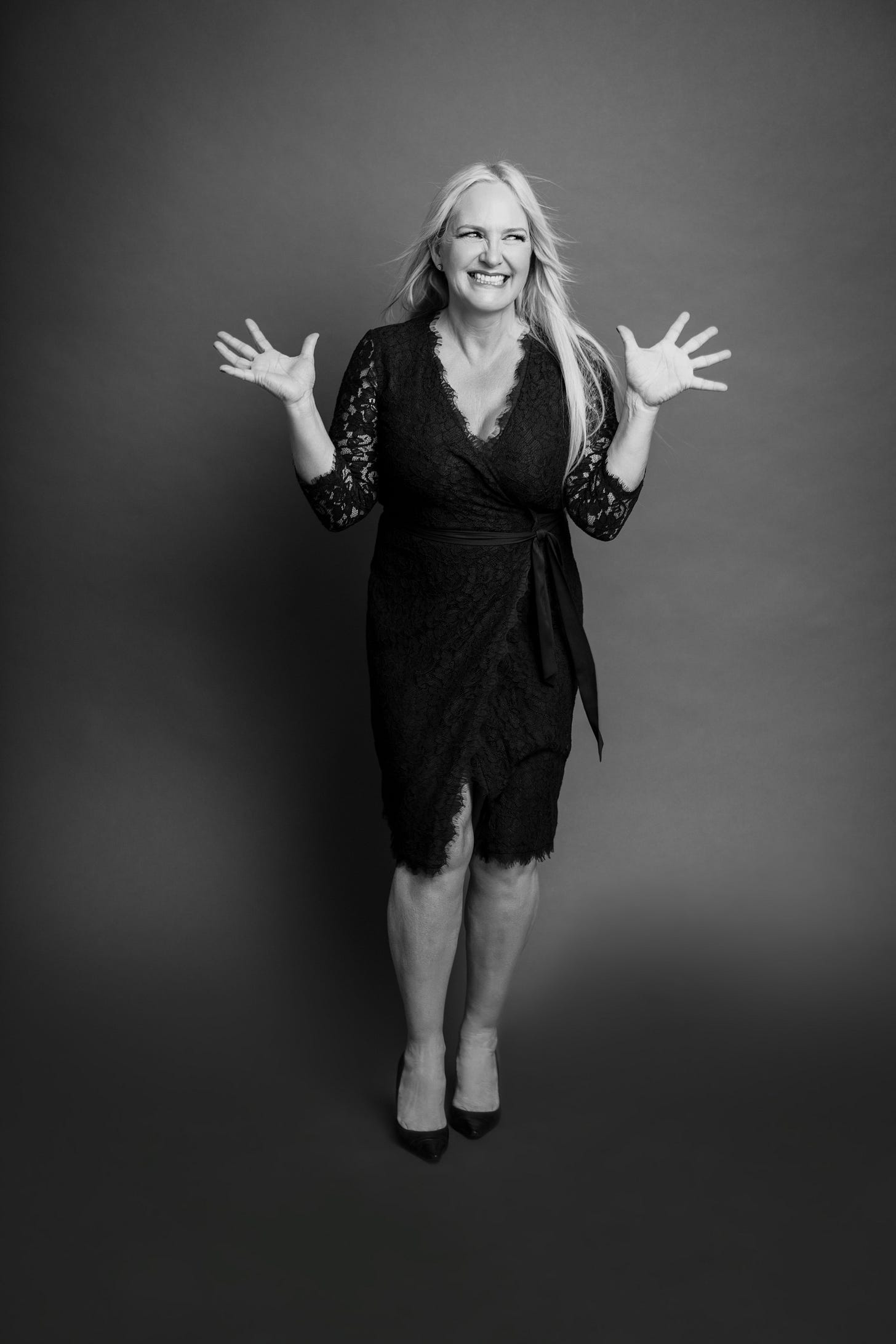
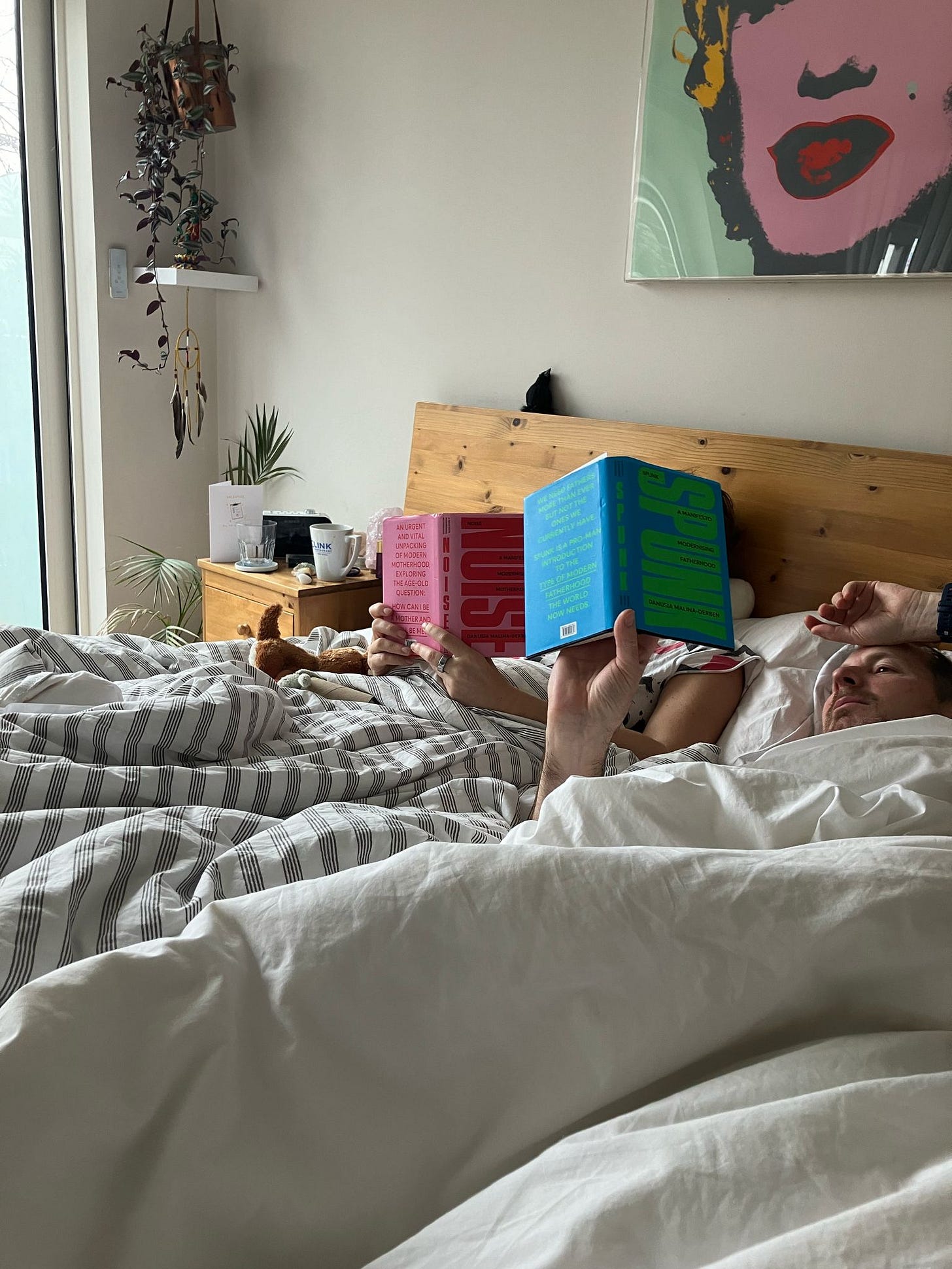
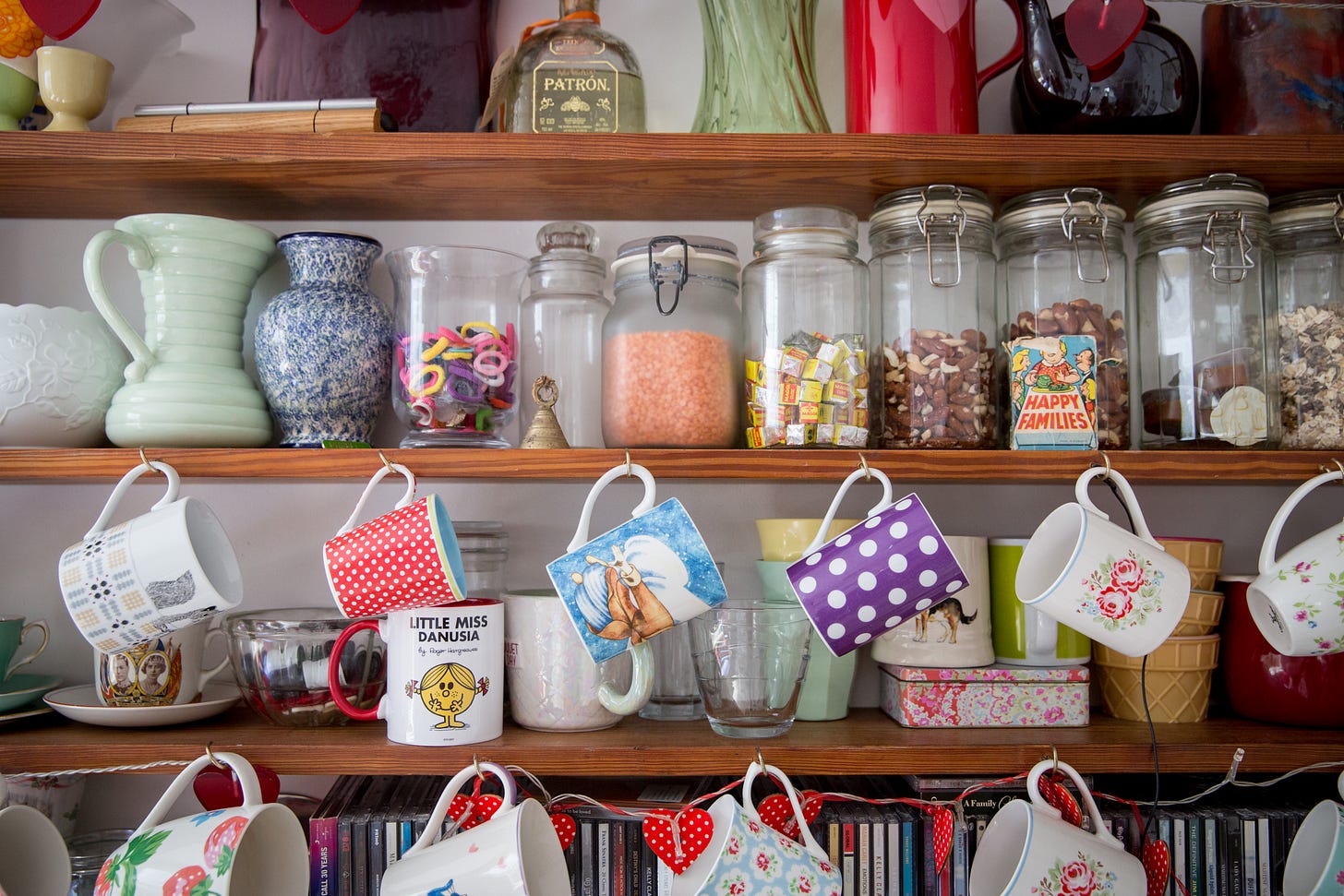
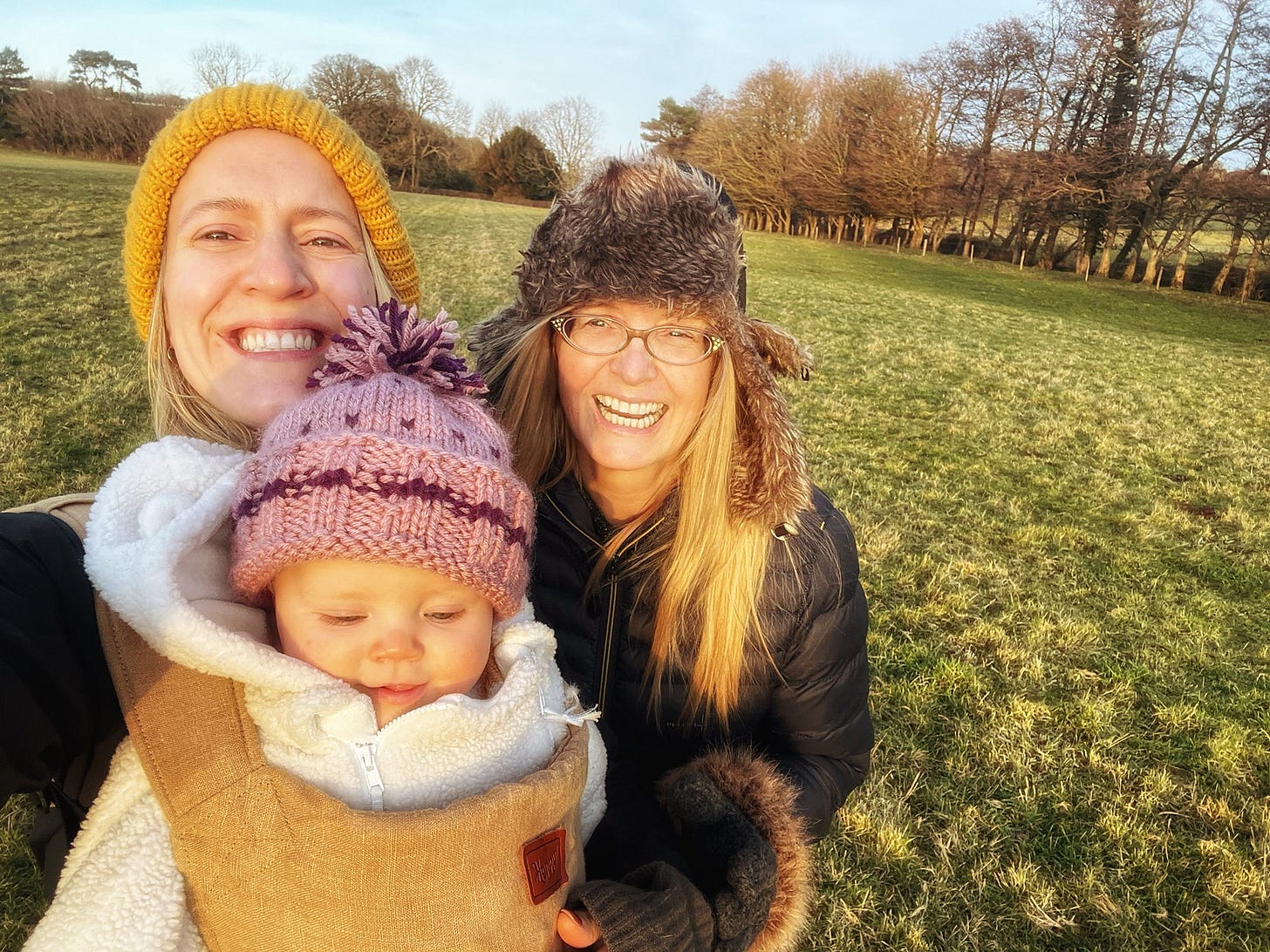
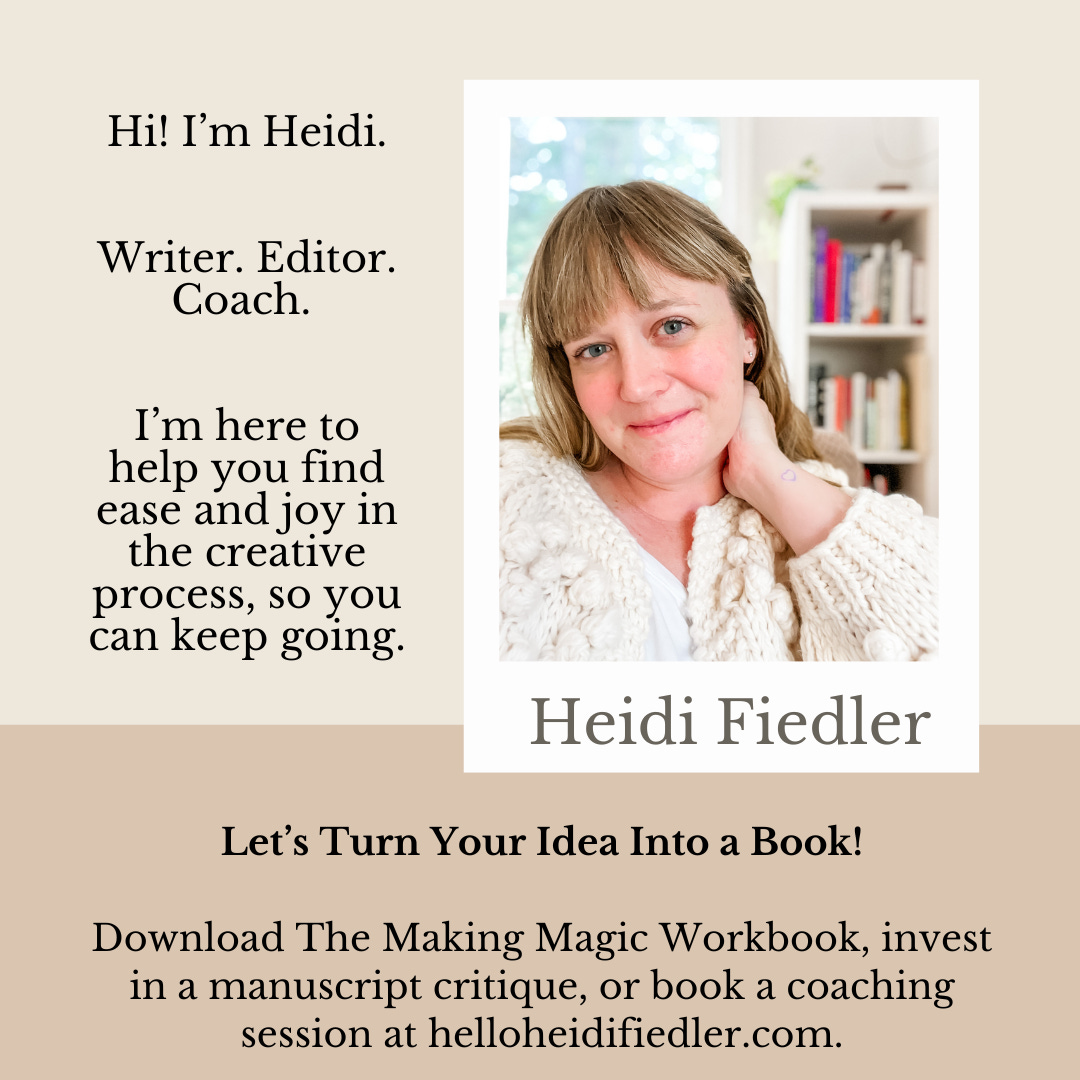
I loved this interview. As an artist and mother myself I resonated with this deeply.
This:
Doubt is a terrible editor, but it’s a great teacher. It makes you sharper, more ruthless, more attuned to what matters. So, I let it have its moment—but I don’t let it set up camp.